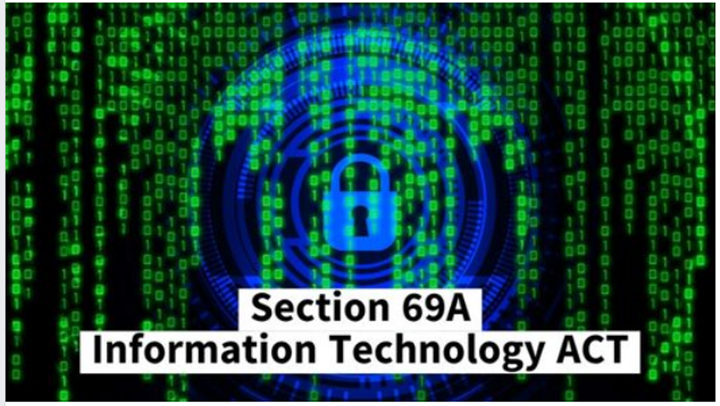Free Courses Sale ends Soon, Get It Now


Free Courses Sale ends Soon, Get It Now



Copyright infringement not intended
In News
Background
Why was VLC banned?
Section 69A of the IT Act 2000
Concern
Way Forward
https://epaper.thehindu.com/Home/ShareArticle?OrgId=GAKA5SMHA.1&imageview=0
https://t.me/+hJqMV1O0se03Njk9
© 2024 iasgyan. All right reserved